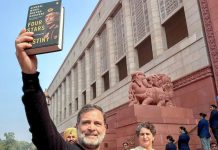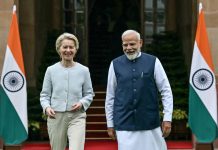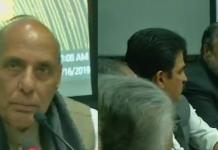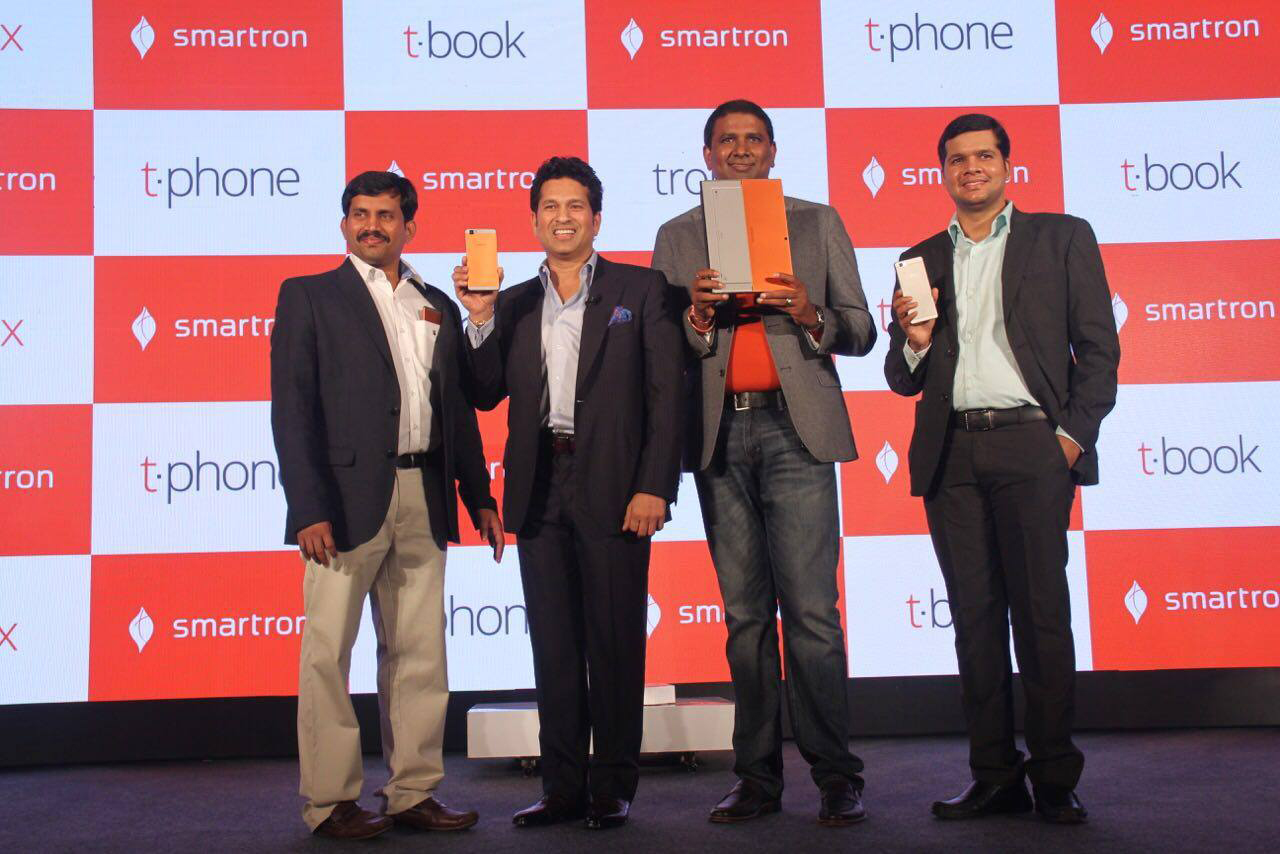
Tehelka SIT investigative report reveals how cricket legend Tendulkar played ‘actor’ to wangle a substantial tax relief; and how Indian cricketers have an uncanny knack of getting on the wrong side of the tax law
It all started in 2011, when the ‘Master Blaster’ locked horns with the then Assistant Commissioner of the Income Tax Appellate Tribunal. When details of the case entered the public domain, people were left wondering whether Sachin Tendulkar was only a cricketer or an actor as well? The controversy had erupted after Sachin Tendulkar claimed a tax deduction on Rs 5.92 crores he had received in convertible foreign exchange from different companies. The deduction was claimed under Section 80RR of the Income Tax Act, 1961. Section 80RR provides that if a person is a select professional, i.e an author, playwright, artist, musician, actor, or a sportsman, and he receives income from foreign sources, then authorities won’t tax the entire money he earned while exercising his profession.
However the assessing officer rejected Tendulkar’s claim. The grounds for rejection were that Sachin was a professional cricketer. Next, he did not draw income from modelling and advertising from the exercise of his profession. By merely endorsing any product in advertisement, Sachin could not claim to be an actor, the assessing officer reasoned. Tendulkar however appealed against this order in the Income Tax Appellate Tribunal.
His counsel submitted that Tendulkar had drawn income from salary, income from other sources as a cricketer and income from modelling/sponsorships shown as “Income from business/profession”. He submitted that Sachin was not a professional cricketer. And his only profession was that of an actor. Moreover, under section 80RR, a person can have more than one profession. In their final decision, ITAT agreed to the Master Blaster’s appeal and allowed him to avail deductions without issues. Further, ITAT found Sachin Tendulkar’s argument correct as it reiterated that he can be an artist as well as a cricketer. Moreover, when the little master, as he is fondly called, comes on the screen, he does not use his cricketing skills, but only his acting skills. And as the occupation of endorsing brands or products requires skills that are not cricket-related, the deductions are fair, the ITAT ruled.
Tendulkar was levied an income tax of Rs 2,08,59,707 on the income of Rs 5,92,31,211 that he earned from ESPN-Star Sports, PepsiCo and Visa in foreign currency during 2001-02 and 2004-05. With the Tribunal ruling going in his favour, Sachin saved around Rs 2 crore on income made through TV commercials.
But this was not the first time that Sachin Tendulkar had fallen foul of the income tax authorities. Earlier also, he had found himself among nearly 75000 people, including many celebrities and businessmen, who had earned their displeasure after failing to pay the tax on cars. The authority had issued notices to all the offenders for non-payment of cess on cars registered by them in Navi Mumbai. Amongst them were Sachin Tendulkar, singer and composer Shankar Mahadevan and Anil Dhirubhai Ambani Group. Sachin owns a BMW M5 luxury car. According to Navi Mumbai Municipal Corporation, the total outstanding dues because of the non-payment of vehicle tax stood at Rs 50 crore. The amount due was related to 1.5 lakh vehicles.
Before Sachin Tendulkar, cricket commentator Harsha Bhogle had tried to wear his actor’s hat to avail tax rebate. But Bhogle’s googly was apparently hit for a six by the taxmen. The cricket commentator’s attempt to seek special exemption extended to artistes who earn from foreign organisations for their work, was rebuffed by an IT tribunal. The IT department had claimed that for seeking tax sops, Bhogle cannot compare himself with authors, playwrights, musicians, sportsmen and actors who earn from foreign organisations as he did not do any creative work. The tribunal in 2002 said that what Bhogle did was not a creative work and anybody with good English and some knowledge of cricket could commentate.
The sport of cricket nowadays is full of glamour and wealth, the factors which fuel the youth’s ambition to become a cricketer in India.
Meanwhile, Sachin Tendulkar is not the only Indian cricketer who got into the tax wrangle with authorities. There are many others who got into trouble with the government because of taxes and the issues were resolved through the court. The Board of Control for Cricket in India [BCCI] gives salaries to cricketers based on their performance in matches which encourages them to play better and bring glory to the country. Even post their services to the nation, most of them continue to live a life of a celebrity having made substantial wealth during playing days. As we all know, the more the wealth, the more it attracts taxes. Just like it is for every other tax payer, paying taxes doesn’t bring joy. Here is a list of famous Indian cricketers who got into duels with tax authorities.
Saurav Ganguly
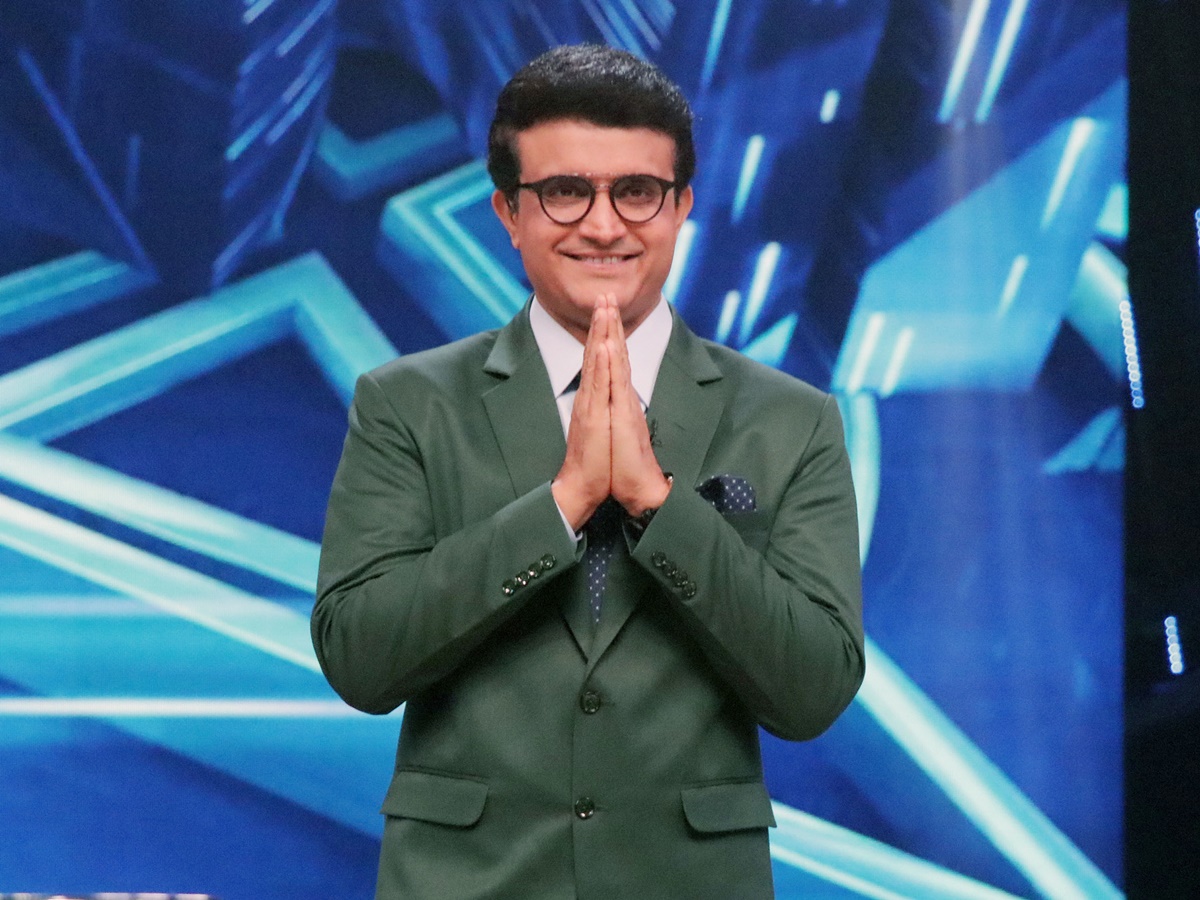
Former Indian cricket team captain Saurav Ganguly had a service tax demand notice against him quashed by the Calcutta High Court. He had received remuneration for writing articles, anchoring TV shows, etc which the authority initially determined attracted service tax. A single judge bench of Calcutta High court however nullified a show cause notice issued against him. While invalidating, it was held that remuneration received for writing articles, anchoring TV shows, and playing IPL would not attract service tax under the head of Business Auxiliary Service.
Sachin Tendulkar
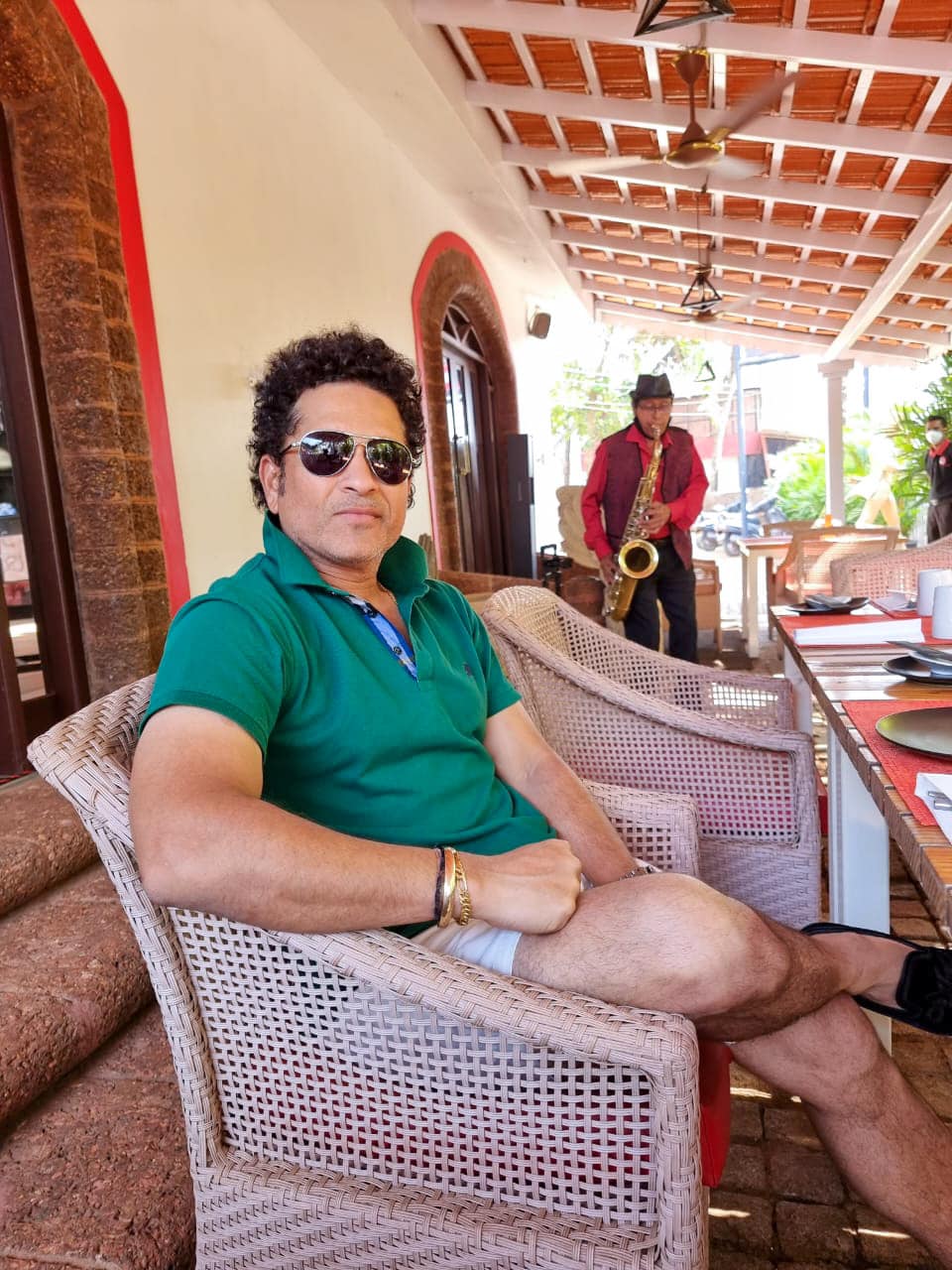
Undoubtedly, the most famous Indian cricket player in the world was also not immune to tax disputes either as he had to seek relief from the authorities more than once. In 2017, the Mumbai bench of Income Tax Appellate Tribunal [ITAT] dismissed the department’s appeal against the former cricketer Sachin Tendulkar and held that income from sale-purchase of shares cannot be treated as “business income” merely because the assessee has availed the service of portfolio manager.
Krishnamachari Srikanth
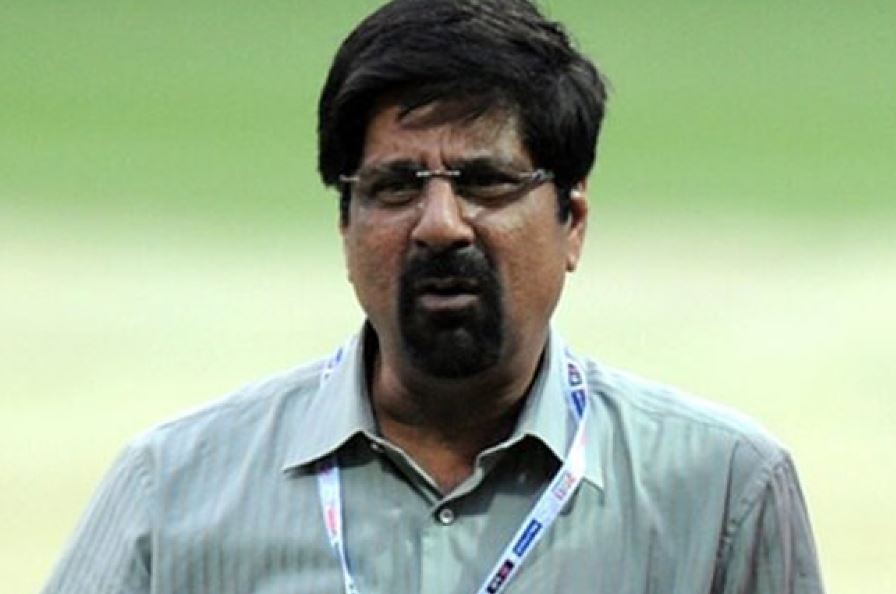
The former Indian captain who is now engaged in the business of modelling, cricket commentating, journalism and consulting & BPCL dealership, once had re-assessment proceedings upheld by the ITAT. Once the authorities had noticed that he had sold shares held in his name, minor children, and wife, and had not offered Rs 4.25 crores, from the sale proceeds of the shares claiming it to be payment towards overriding garnishee attachment on the shares by Indian Bank. Finally the Income Tax Appellate Tribunal upheld the assessment by observing that the assessee entered into a non-compete agreement with the Pentamedia Group of concerns, of the entire shareholding of the said company ‘Kris Srikanth Sports’ Entertainment Private Limited, agreeing not to compete for a period of six years with the said company ‘Kris Srikanth Sports Entertainment Private Limited’ for a non-compete fee of Rs 7.50 crores which were exempt from the tax being capital receipt. Concluding the 85-page order, the Tribunal upheld the re-assessment proceedings and held that the payment made to Indian bank by the assessee to the tune of Rs 4.25 crores was merely an application of income.
Swapnil Asnodkar
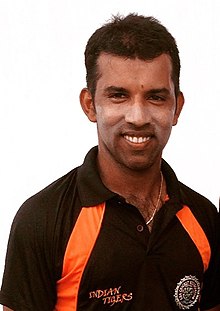
The Mumbai CESTAT had once allowed relief to former Rajasthan Royal’s player Swapnil Asnodkar, by holding that no service tax is leviable on the Brand Promotion fee. For the period 2008-2012, he had received a sum of Rs 1.12 crores under an agreement entered into with the franchise owners.
14 players from 2019 IPL
The Customs, Excise and Service Tax Appellate Tribunal [CESTAT], Chennai bench had once granted relief to cricket players L Balaji, Ashwin R, Murali Karthik, Dinesh Karthik, S Badrinath, Vidyut Sivaramakrishnan, Aniruda Srikkanth, Suresh Kumar, Yo Mahesh, Hemang Badani, C Ganapathy, Arun Karthik, K B, Kaushik Gandhi and Palani Amarnath. The Tribunal held that these players are not liable to pay service tax on the amount received from the franchise.
Sameer Dighe
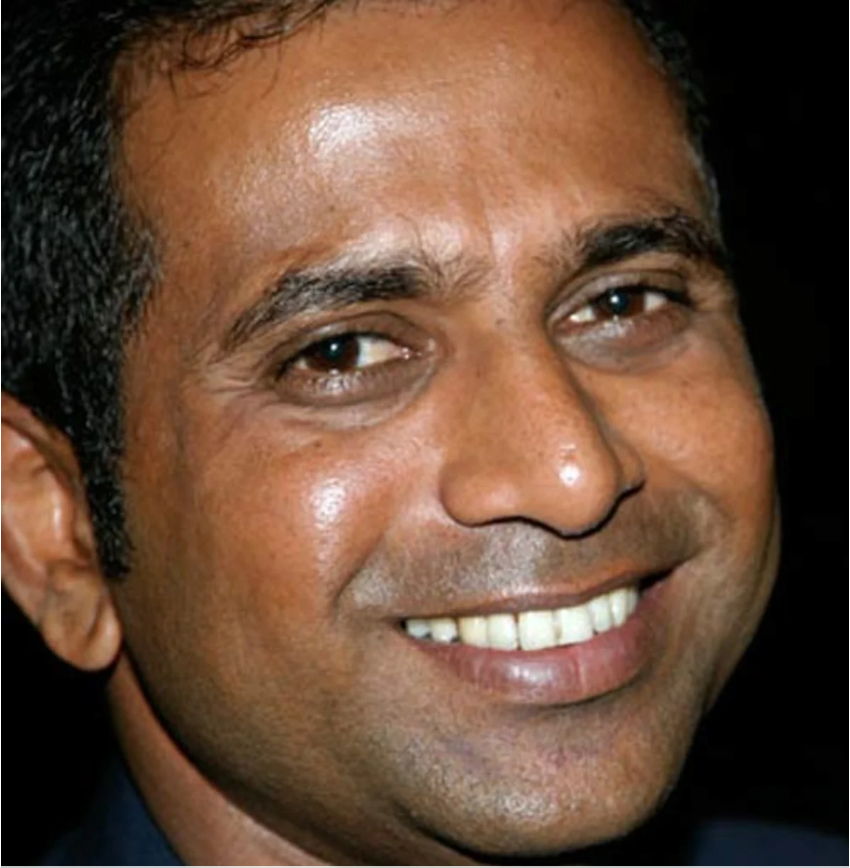
In 2018, the Mumbai bench of the Income Tax Appellate Tribunal [ITAT] granted tax relief to India’s former wicket-keeper, Sameer Dighe by holding that proceeds from a benefit match of around Rs 50 lakh cannot be taxed in the hands of the cricketer.
Cheteshwar Pujara
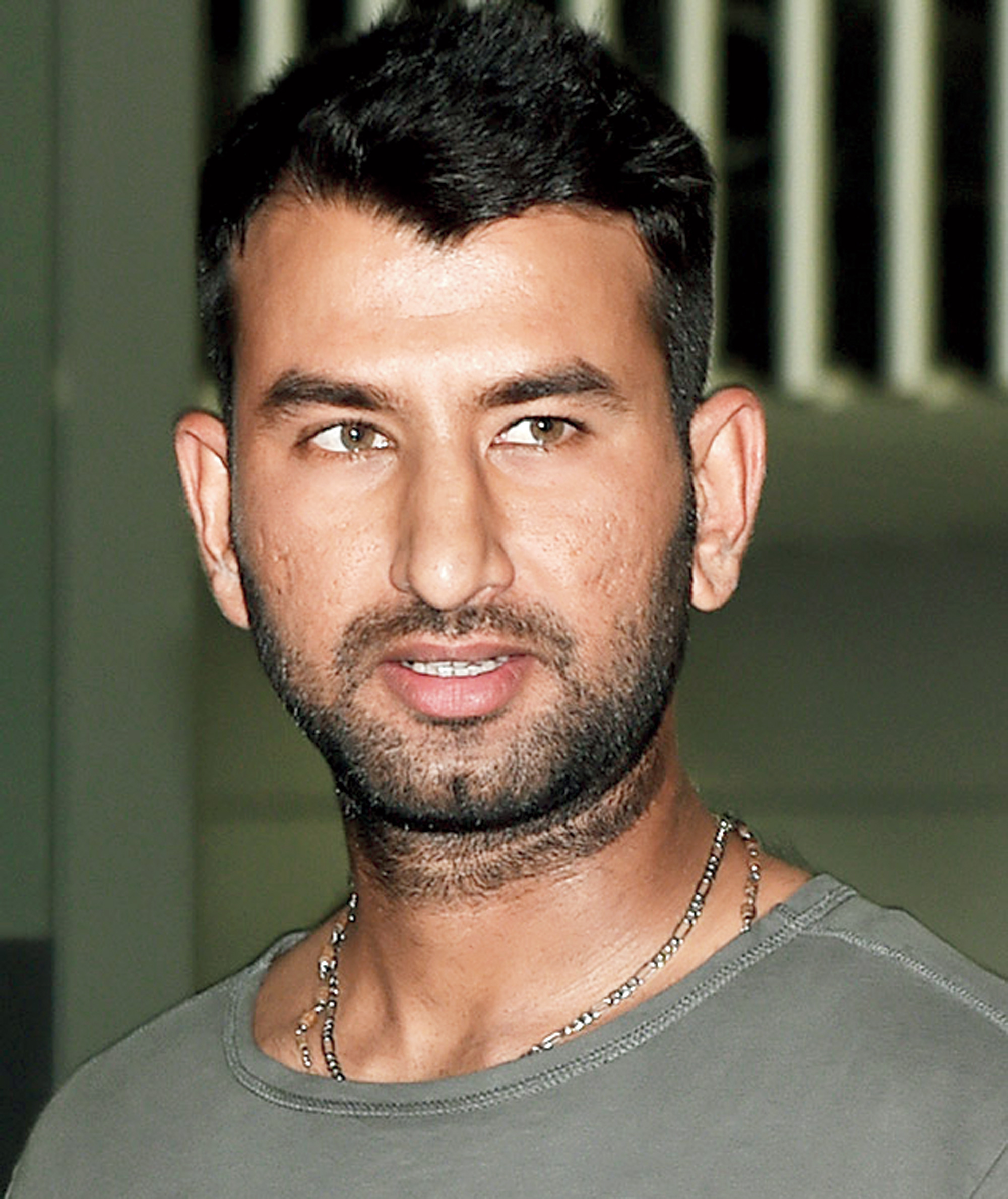
Cheteshwar Pujara received a major relief from the Bombay High Court in 2018 when it quashed an order relating to service tax collection against him.
Karn Sharma
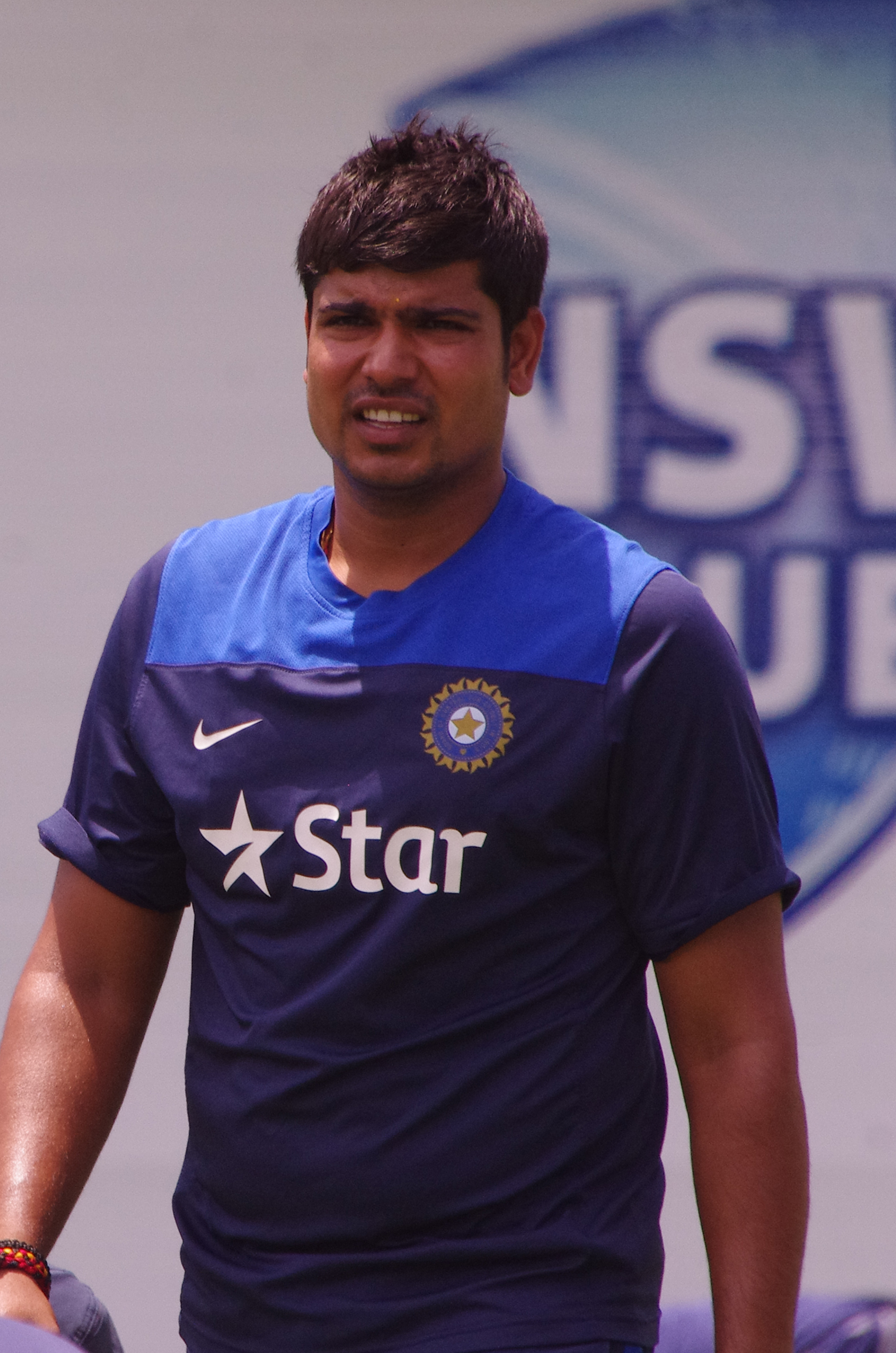
In 2018, the Ahmedabad bench of the CESTAT held that no service tax liability can be attributed to the cricket players for promotional activities provided by them during the Indian Premier league [IPL] prior to July 1, 2010 while granting relief to cricket player Karn Sharma. Karn was playing for Royal Challengers Bangalore when he received Rs 20 lakh from the franchise.
Parthiv Patel
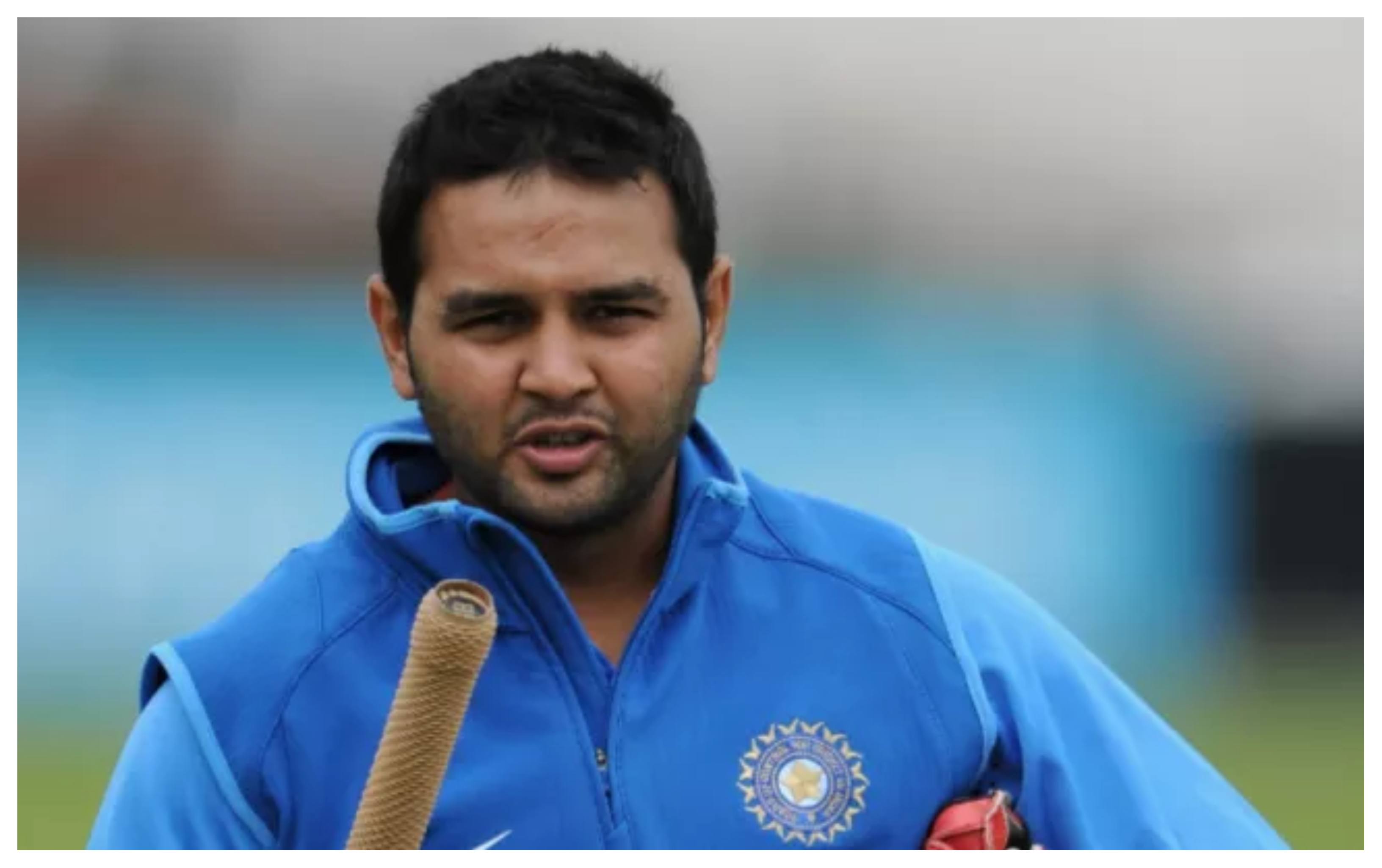
ITAT Ahmedabad had once directed the authorities to reconsider allowability of expenditure claimed by cricketer Parthiv Patel and ruled cricket to be a profession for the purpose of taxation.
Forget Indian cricketers, even The Board of Control for Cricket in India [BCCI], who runs the cricket in India has been slapped with a huge tax evasion case by the Department of Revenue, according to the Sports Lounge. After the recovery of Rs 462 crore, the Department of Revenue has asked the BCCI to pay another outstanding income tax worth Rs 1, 303 crore, according to details submitted by the Finance Ministry in Parliament.
What to talk about Indian cricketers, even Pakistan cricketers are no strangers to the tax controversies with many of them hitting the headlines for getting on the wrong side of the tax law. In 2012, Pakistan’s Income tax department served notice to 21 international cricketers for evading taxes to the tune of Rs 100 million over the last two years. According to Pakistan newspaper Dawn, notices was served on Umar Akmal, Misbah-ul-Haq, Kamran Akmal, Abdul Razzak, Mohammad Hafeez, Shahid Afridi, Younus Khan, Abdul Rahman, Asad Shafiq, Tanvir Ahmad, Azhar Ali, Imran Farhat, Rana Naveed, Saeed Ajmal, Umar Gul, Shoaib Akhtar, Sohail Tanveer and Yasir Arafat. The daily reported that this was the first instance when the income tax department had served notices to the cricketers, who enjoy celebrity status in the country. The cricketers did not file tax returns and found ways to pay lesser tax by fitting themselves in the category of lesser tax liability.
England players are also not far behind as far as attracting tax controversies is concerned. Long ago, Daily Mail reported that members of the England cricket team could face an investigation by the taxmen amid allegations that they had tried to exploit a loophole to mitigate their tax liabilities. According to Daily Mail, Andrew Strauss and Kevin Petersen, the then members of the England squad were facing the heat of an inquiry. England’s World Cup winning star cricketer Adil Rashid has been ‘named and shamed’ by the Inland Revenue as a tax evader. The ace bowler, who helped England lift the World Cup at Lords in 2019, was identified by tax officials as a ‘deliberate defaulter’ who failed to pay more than 100000 pounds in taxes. The Yorkshire cricketer, who has a ‘central’ contract with the England team where stars are paid around 1 million pound a year, defaulted on his tax returns for over four years from 2013-2017.
Cricketers have always been on the radar of the Income Tax department. In 2000, when the Central Bureau of Investigation [CBI] was probing match-fixing allegations, the Income Tax department searched 90 premises and 29 lockers, seizing Rs 3.84 crore in cash, jewellery and other assets. This was told in the Rajya Sabha by the then Finance Minister, Yashwant Sinha and his deputy, minister of state for revenue, Dhananjay Kumar. There were seven players whose premises, residential and otherwise, were searched. They were: Mohammed Azharuddin, Kapil Dev, Ajay Jadeja, Manoj Prabhakar, Navjot Sidhu, Ajay Sharma and Nikhil Chopra.
According to a news report, in 2018, former Sri Lanka captain Sanath Jayasuriya, along with two other cricketers had been accused of smuggling in rotten betel nuts in India. Two other cricketers were also said to be involved in the alleged tax-evasion fraudulent deal but their names are yet to be revealed. The Directorate of Revenue intelligence seized betel nuts worth millions of rupees in Nagpur. After his name cropped up during the investigation, Jayasuriya was also called to Mumbai for questioning by the authorities. After the probe, a letter was sent to the Sri Lanka government for further inquiry.
But tax evasion is not done only by cricketers around the world. Even online betting platforms are evading taxes, thus hurting the Indian economy. In the recently concluded T20 World Cup in Australia, the cricketing fans were seen glued to their TV sets. On the TV, punctuating the overs were advertisements of various betting and online gaming apps, with most of them endorsed by our favourite cricketers and TV/movie actors. Such advertisements are all over the digital platforms, social media etc in present times but there’s a red flag.
These applications are mostly operated from outside the country and are therefore involved in tax evasion. The revenue department of India is in talks with the Ministry of Electronics and Information Technology to ban these offshore betting apps. Recently, they shared a list of such apps including 1XBET, Pari Match, Dafabet etc.
India is reportedly losing over $ 10.3 billion, equivalent to over Rs 70,000 crore, annually, owing to international corporate tax abuse and private tax evasion. Globally, countries lose $427 billion across continents due to such tax evasion. The study further said that India suffers $10.3 billion tax loss annually, of which, a major chunk is corporate tax evasion and $202.15 million is offshore private tax evasion.
While tax evasion by those involved in cricket round the globe kept hitting the headlines, it is match fixing which has brought bad name for the cricket round the globe over a period of time. Tehelka investigation revealed that diehard lovers of cricket don’t feel match-fixing is just a misconduct. For them, cricket died in 2000. That was the year when the biggest match-fixing scandal in cricket broke. Hansie Cronje, the highly respected and very successful captain of South Africa, was caught on tape discussing fixing matches with a bookie.
India was again shaken when Manoj Prabhakar alleged that former India captain Kapil Dev, then the National coach had offered him money to ‘under-perform’ in a match in Sri Lanka in 1994. More shocks followed when Cronje alleged former captain Mohammad Azharuddin had introduced him to a bookie who offered him money to throw a test match in 1996.
After an investigation by the CBI, the BCCI banned Azharuddin along with Ajay Sharma for life, while Ajay Jadeja, team physio Dr Ali Irani, and Prabhakar were suspended for five years after the BCCI found their involvement with the bookies. But the ban on Jadeja was overturned by the Delhi High Court in 2003 and Azharuddin’s ban was revoked by the Andhra Pradesh High court in 2012. Two years later, a district court in Delhi cleared Sharma, and the life ban imposed on him was lifted. It is obvious that the BCCI’s method of investigation and punishment does not meet the highest judicial standards.
The absence of match-fixing laws in India hinders prosecution. The west has laws dealing specifically with match-fixing. In 2019, Sri Lanka became the first South Asian country to criminalise match-fixing. In June 2000, Steve Richardson, a key official in the anti-corruption unit of the International Cricket Council, advocated for a law on match-fixing in India, noting that a majority of cases under investigation had links to “corruptors” in India.
Leona Helmsley, the famous American businesswoman once said, “We don’t pay taxes, only the little people pay taxes”. This seems correct as the rich often seem to be evading taxes and flying to tax-haven countries. As far as the income tax is concerned, the just man will pay more and the unjust less on the same amount of income. Only the smart find their way around the law for paying less by cutting-edge solutions for subsidizing their share of taxes. In this story, we discussed Sachin Ramesh Tendulkar’s tax saving methods which left one wondering: how could the “God of Cricket” do that?

